







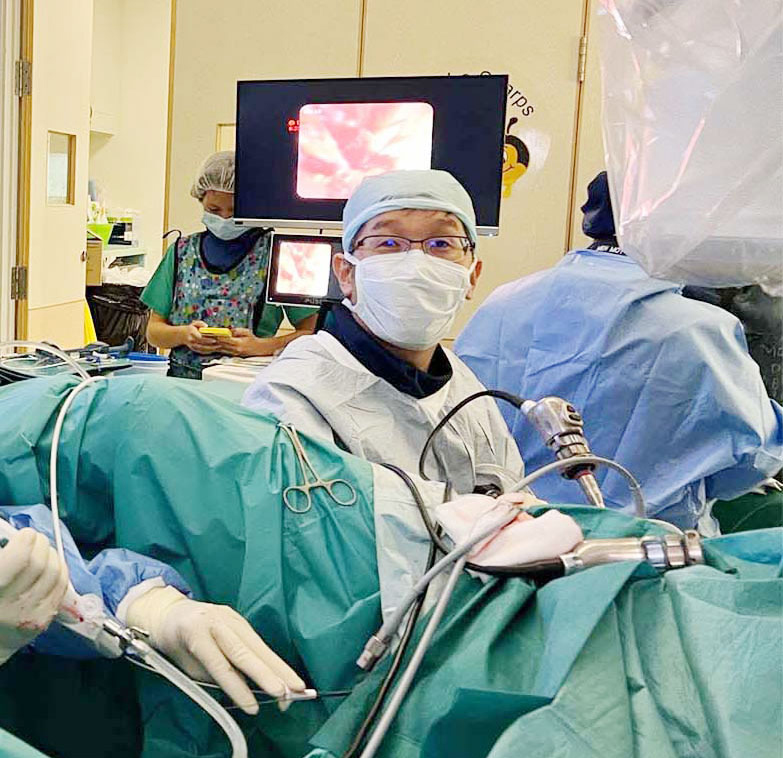


Dr Lim specialises in a broad range of kidney conditions, including acute renal colic, horseshoe kidney, single kidney, and pregnancy-related issues. He is adept at kidney stone treatments spanning endoscopic, laparoscopic, and ultrasound-guided percutaneous techniques. He also performs robotic and minimally invasive surgeries.
He earned a Bachelor of Computing from the National University of Singapore (2005) and a graduate medical degree from the University of Sydney (2009). After completing his Urology Surgical Training in 2017, he pursued a robotic surgery fellowship at Macquarie University Hospital under Prof David Gillatt in 2022.
A keen innovator, Dr Lim was awarded the Singapore-MIT Innovation Fellowship (2017). He holds patents in medical device innovation and was the first medical doctor appointed as Principal Medical Investigator by Artificial Intelligence Singapore (AISG) for pioneering work in Natural Language Processing, alongside numerous grants and international publications.








My philosophy is to treat patients like my family. Not everything needs to be treated with a knife. There may be a day when surgery is needed but it won’t be the starting point.
Urinary stones, commonly known as kidney stones, are solid masses formed by the crystallisation of minerals in urine. Their size can range from tiny grains to larger stones capable of blocking the urinary tract, often causing intense pain and discomfort.
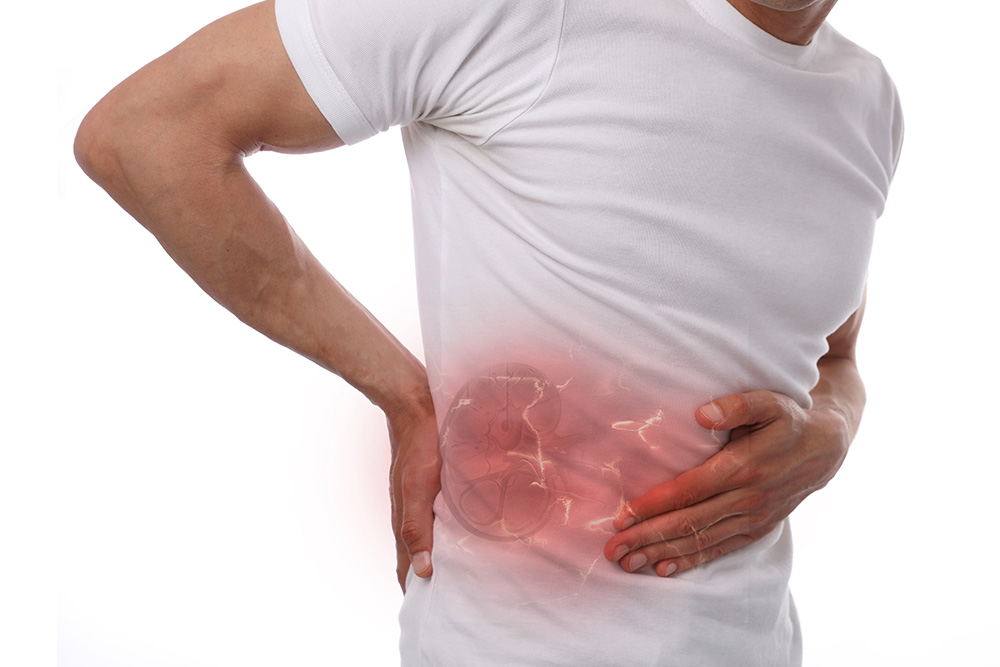
Insufficient fluid intake leads to concentrated urine, increasing stone risk.
High sodium, sugar, and protein consumption can promote stone development.
Obesity and inactivity are linked to higher risks of stone formation.

Sharp, cramping pain in the lower back, side, or abdomen, is often described as one of the most severe types of pain.

An ongoing urge to urinate, which may disrupt daily activities.

A burning sensation when passing urine, cloudy urine, or an unpleasant odour.

These may indicate the presence of an infection that requires immediate medical attention.

Visible streaks or a pinkish/red tint in the urine.
When dealing with kidney stones, a range of treatments, both non-surgical and surgical, are available, depending on factors like stone size, location, and your overall health. Below is a quick overview to help you understand the options available:
Medications such as ibuprofen may be used to manage discomfort and ease symptoms.
Ideal For: Patients who experience pain and other symptoms when passing kidney stones.
Encourages stones to pass naturally by flushing the urinary system.
Ideal For: Smaller stones that are more likely to pass naturally.
Alpha-blockers may be prescribed to relax the muscles in the ureter, helping stones pass more quickly and with less pain.
Ideal For: Smaller stones that are more likely to pass naturally.Patients who prefer non-surgical treatments and those with smaller kidney stones that can potentially pass on their own.
Uses targeted sound waves to break stones into smaller, more easily passed fragments.
Ideal For: Kidney stones that are smaller in size yet difficult to pass naturally.
A minimally invasive procedure where a small scope is used to locate and remove stones directly from the ureter.
Ideal For: Stones lodged in the ureter or closer to the bladder.
Involves a small incision in the back to access and remove large or complex stones directly from the kidney.
Large stones, such as staghorn stones, or any that have not improved with conservative treatments

We have a range of conservative and surgical options that can be customised based on the stone size, stone location, and your individual needs.
Return to your daily routine as soon as possible. Our treatments are designed to reduce discomfort and have a shorter healing time.
We understand the stress of potential scarring or a lengthy hospital stay, which is why our treatment options are either non-invasive or use smaller incisions.
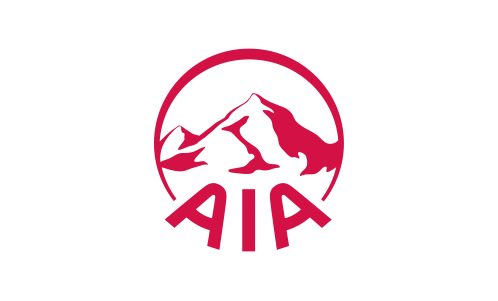
Extended Panel


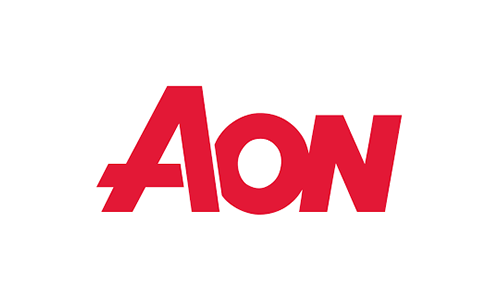
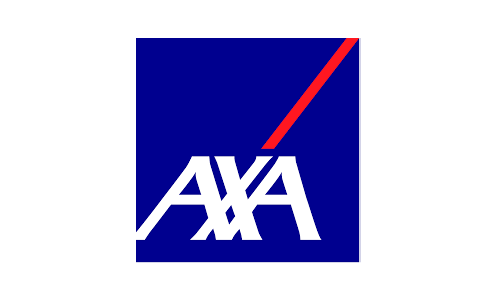


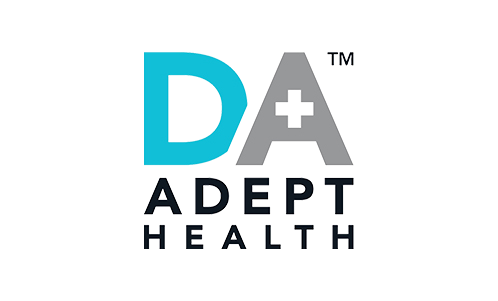

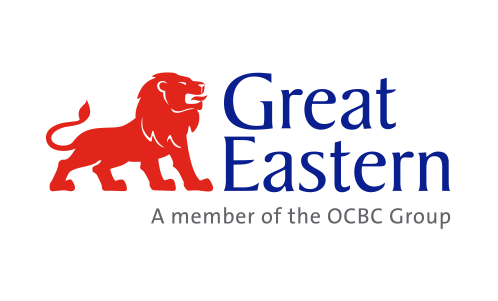
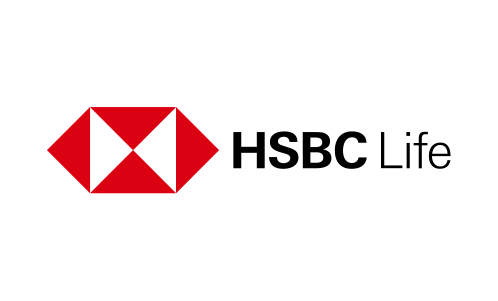


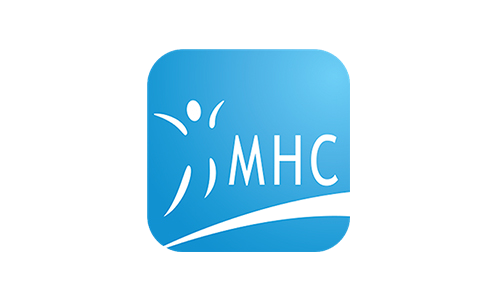


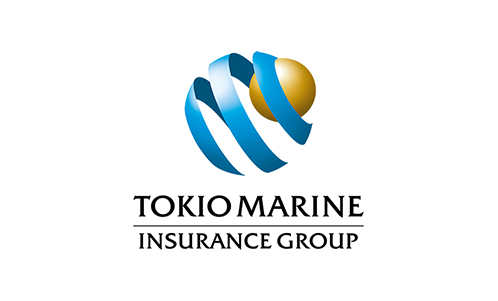

Every day spent in pain is a day you’ll never get back. Discover tailored treatments that tackle kidney stones at their core, freeing you to focus on what truly matters. Book your appointment and take the first step towards relief.
Share this website